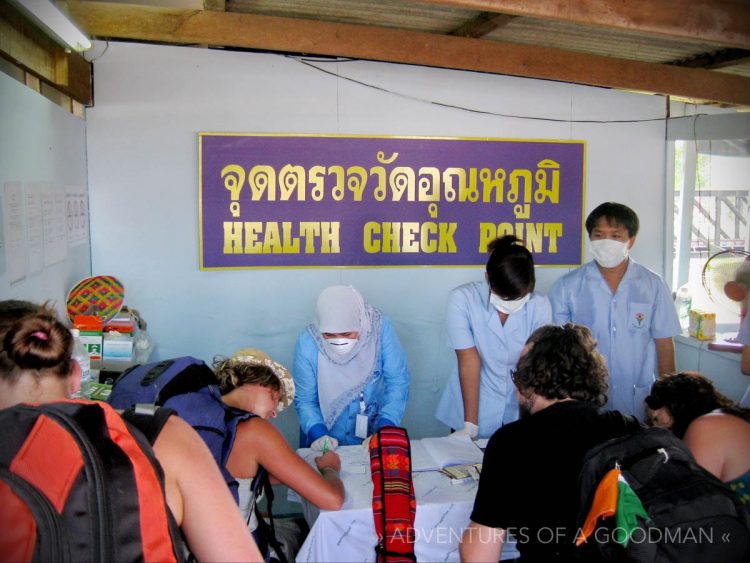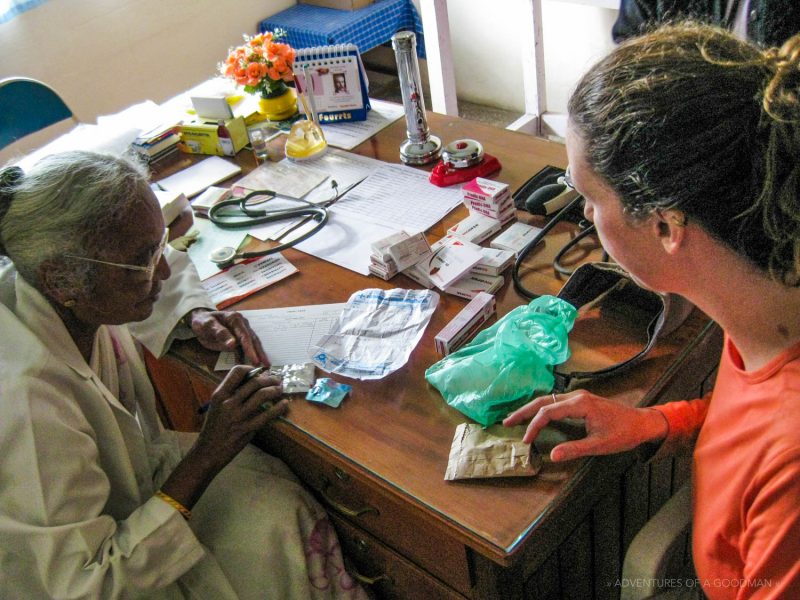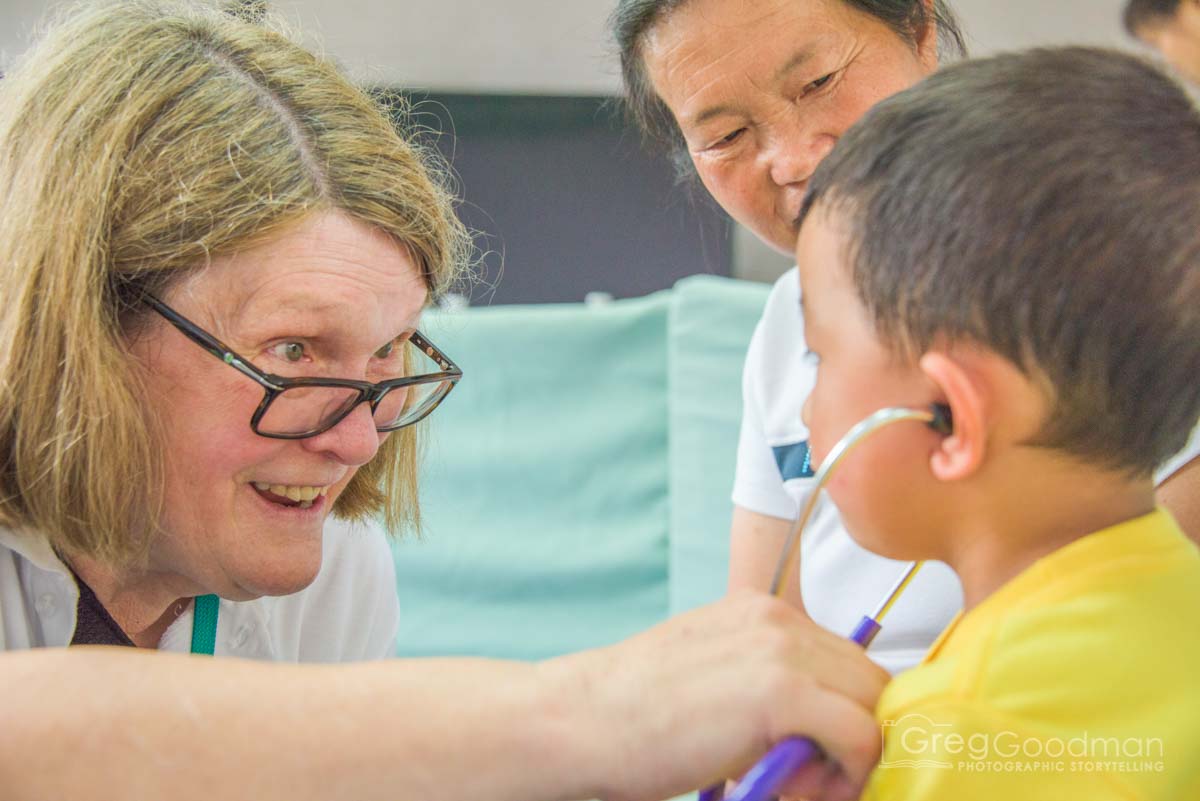Travel Hacks for Staying Safe and Healthy While Traveling Abroad
Traveling abroad is one of the most exciting and rewarding experiences. But it can also come with risks. From health concerns to safety hazards, unexpected situations can turn a dream vacation into a nightmare. However, with the right preparation and smart travel hacks, you can minimize risks and focus on enjoying your journey.
In this article, we’ll explore surprising yet effective travel hacks to help you stay safe and healthy on the road. Whether you’re a solo traveler, a backpacker, or on a family vacation, these tips will ensure you have a smooth and secure adventure.

Must-Have Travel Safety Gadgets
When traveling abroad, it’s essential to prioritize safety, and the right gadgets can make a significant difference. One important item is an RFID-blocking wallet, which helps prevent digital theft.
Modern credit and debit cards contain small components that use radio waves to communicate with card readers, allowing for convenient contactless payments. Claire Swedberg, senior editor at RFID Journal, explains that this technology allows for quick transactions. She told AARP that you can simply tap your card at a checkout terminal.
Contactless payment methods, such as Apple Pay and Google Pay, also utilize this technology. Swedberg notes that these methods are often more secure than traditional swiping, thanks to the encryption of your data during transactions. Additionally, contactless payments are more hygienic since they reduce physical contact with surfaces.
To check if your card has RFID technology, look for a sideways Wi-Fi symbol on the front or back. This symbol is also found on contactless card readers.
Another essential gadget is a personal safety alarm or whistle, which can be invaluable in emergencies. These compact devices can alert others to your situation and help ensure your safety.
For added security in hotel rooms, consider using a portable door lock. A portable door lock, usually around $15, can be an economical alternative if your room does not have a secondary lock or latch.
Have a Go News notes that master keys can occasionally override hotel key cards. Therefore, it is advisable to have an additional layer of safety, like portable door locks.
Emergency Travel Hacks: What to Do When Things Go Wrong
Travel can be unpredictable, and even the best-laid plans can go awry. From lost luggage to sudden illnesses, unexpected emergencies can occur when you least expect them. Therefore, preparing a plan to handle medical issues, lost documents, and safety risks is just as important as packing the right clothes.
For those who take medication regularly or rely on medical devices, it’s essential to anticipate potential complications before you travel. Let us look at the latest case.
People with implantable medical ports, like the Bard PowerPort, have reported issues such as catheter fractures. As per TorHoerman Law, they claim the port has led to extreme pain and additional health risks.
The seriousness of these complications has led to legal action. Depending on individual circumstances, the Bard Power Port lawsuit settlement amount is estimated between $10,000 and $250,000. While such incidents may be rare, they highlight the importance of taking precautions when traveling with medical needs.
To minimize risks, consider these proactive steps:
- Contact your doctor to know the risks of such devices
- Pack extra medication and supplies to account for potential delays or lost baggage.
- Learn the warning signs of device failure and seek medical assistance immediately if something feels wrong.
- Carry a translated medical emergency card if traveling in a country where you don’t speak the language.
Stay composed and head to the closest hospital in the event of a medical emergency while traveling abroad. Get in touch with your travel insurance company right away. Be aware that some hospitals may require upfront payment for treatment. One smart way is to have a credit card or emergency cash, which can alleviate stress.
Smart Eating and Drinking Hacks While Traveling
Eating and drinking while traveling can be one of the most delightful aspects of your journey. However, it also carries risks like food poisoning and dehydration.
As an expert, Fischer told the HuffPost that food poisoning is more likely when traveling to a foreign country. This is because our bodies are not used to the local bacteria found in the food and water. To avoid spending your vacation in discomfort, follow these smart eating and drinking hacks.
Firstly, to minimize foodborne illnesses, eat where the locals eat. A busy food stall usually indicates fresh, safe food. Watch food preparation and avoid places where food has been sitting out for a long time. Be cautious with dairy and eggs, especially in countries where they may not be refrigerated.
Peel fruits and vegetables yourself if you can’t wash them with clean water, sticking to those with thick peels, like bananas. Also, wash your hands frequently with sanitizer before meals, and pack activated charcoal tablets to help with stomach issues.
Eat hot, freshly cooked food, as heat kills bacteria. Avoid buffets and leftover street food. When it comes to hydration, carry a portable water purifier and stick to bottled water, checking the seal. Skip ice cubes unless you know they’re made from purified water. By following these hacks, you can enjoy your travels while minimizing health risks.
Keep oral rehydration salts (ORS) handy. They can be a lifesaver if you experience dehydration due to food poisoning or excessive heat. Pack a few sachets in your travel kit to be prepared for any situation.

FAQs
What is the best seat on a plane to avoid getting sick?
A: Window seats are the best option for avoiding germs on a plane. Research suggests they provide more isolation from passengers walking in the aisle, reducing exposure to airborne bacteria and viruses. To further protect yourself, wear a mask, sanitize your hands frequently, and avoid unnecessary contact with shared surfaces.
How to protect yourself from traveler’s diarrhea?
A: To reduce the risk of traveler’s diarrhea, practice safe food and water precautions. Drink bottled or filtered water, avoid raw or undercooked foods, and wash your hands often. Carry oral rehydration solutions and discuss preventive measures with a doctor before traveling. Monitor your health and seek medical help if symptoms persist.
How can I hide my money abroad?
A: Keep your cash secure by storing it in multiple places instead of carrying it all at once. Use a hotel safe when available. If you need to carry cash, use a money belt, hidden pouch, or a concealed pocket in your clothing. Don’t display enormous sums of cash in public.
Traveling abroad should be a joyous adventure, but safety and health must remain top priorities. Employing these surprising travel hacks can help you deal with potential risks with confidence.
By using essential gadgets like RFID-blocking wallets and personal safety alarms, you can enhance your security. Proactively managing health concerns and making smart dining choices will also help safeguard your well-being while immersing yourself in new cultures. The key is preparation and awareness. Planning and staying informed can transform your travel experience from daunting to delightful.
EXPLORE SOMEWHERE NEW
BUY A PRINT
All photos on this site are available as limited edition fine art photographic prints. Please get in touch for sizes and rates.




